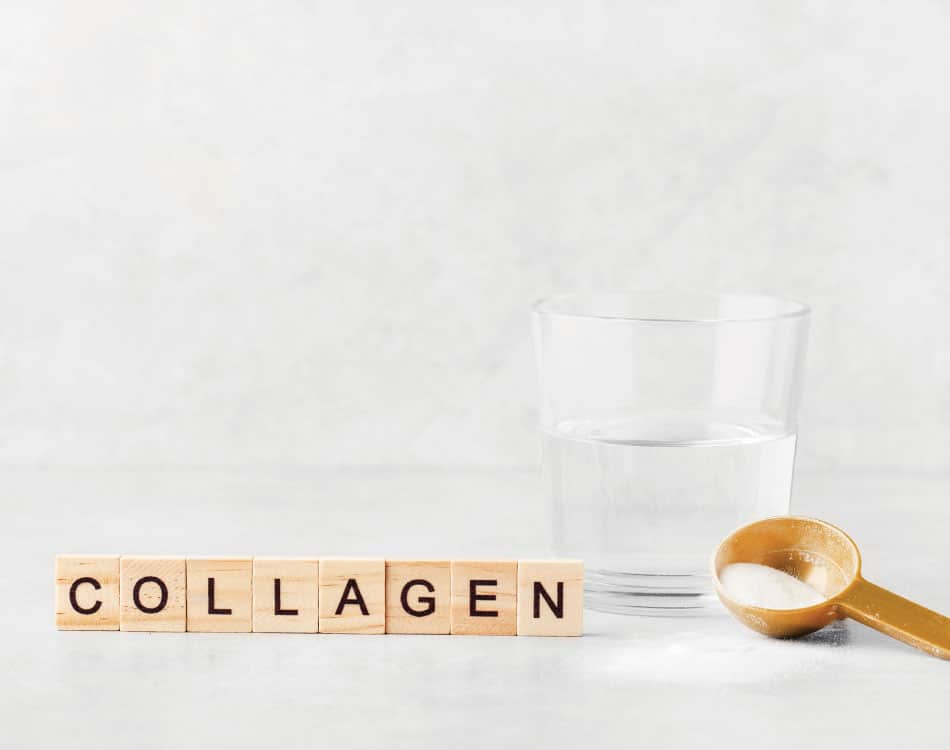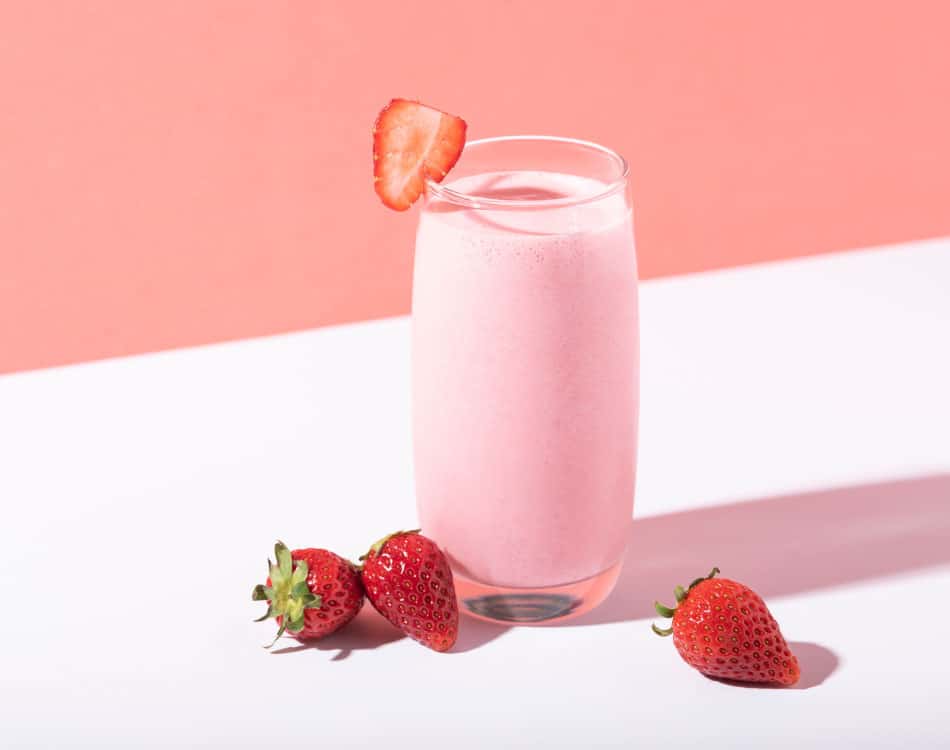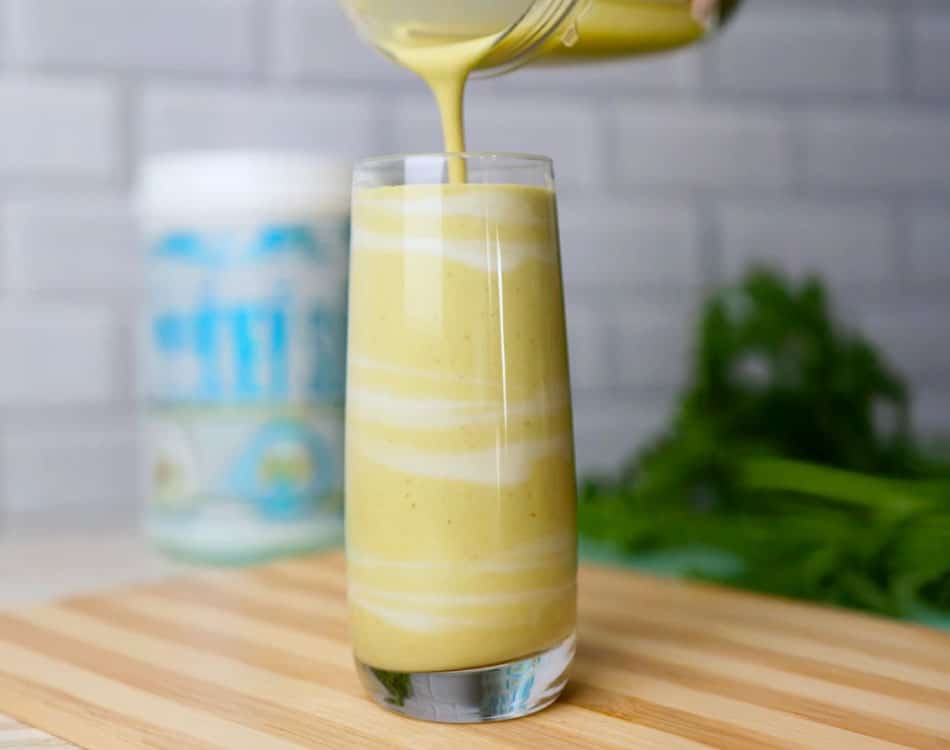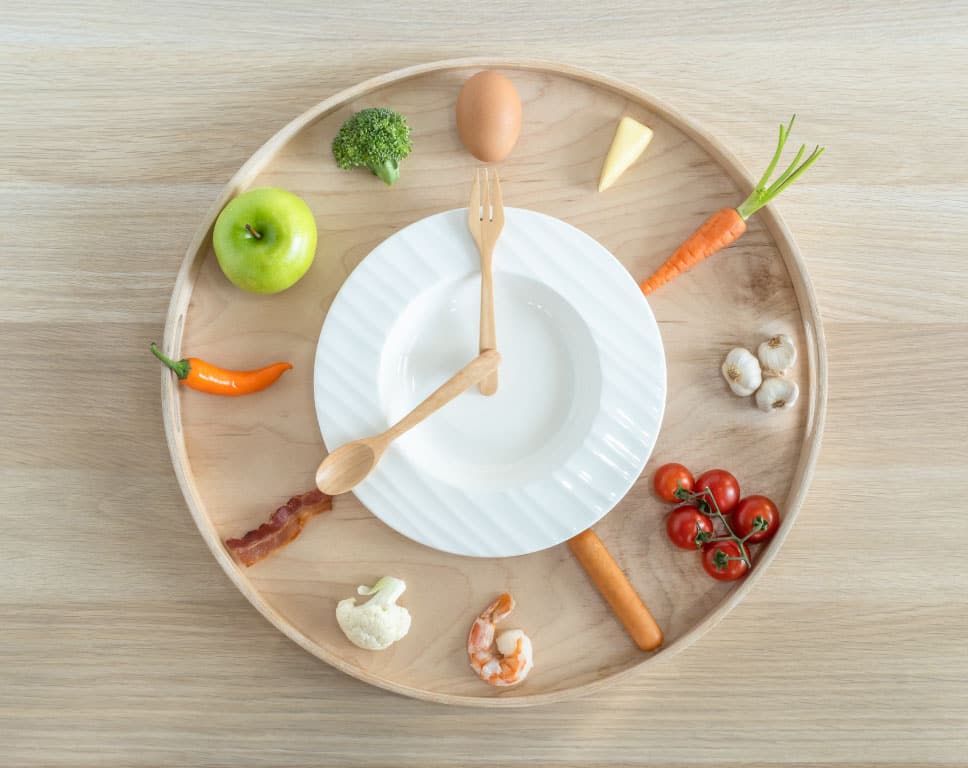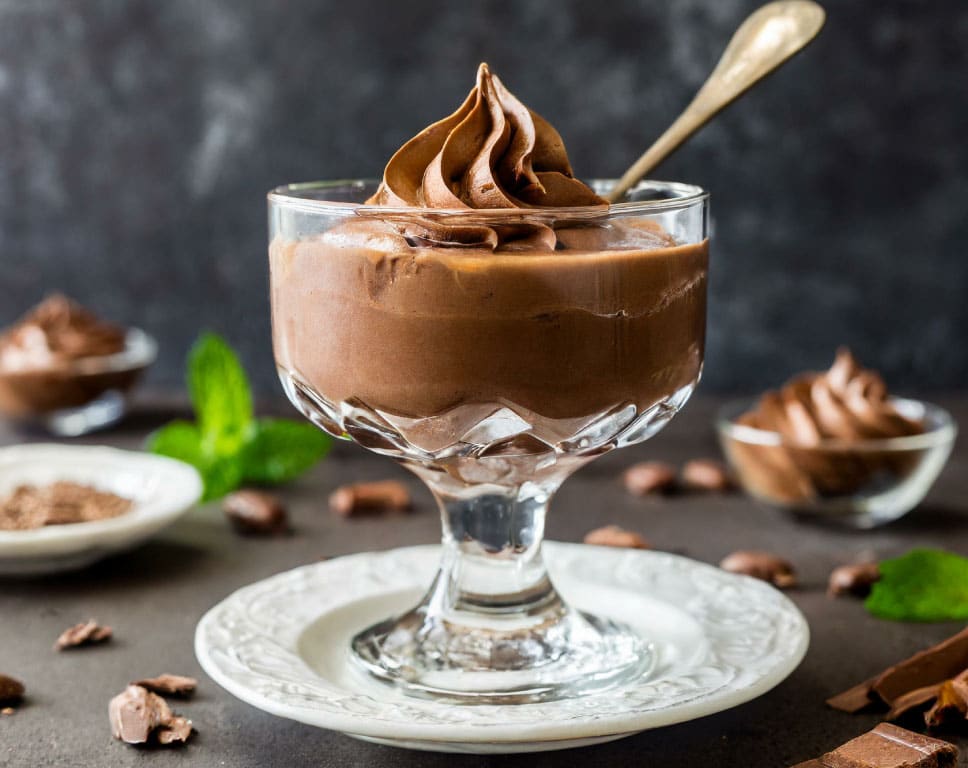We all want to look our best and retain our glowing complexion, which is why we exercise, eat well, hydrate, get our sleep, apply creams and other beauty products, and take collagen supplements to support our skin.
No holistic skincare plan is complete without a regimen that not only improves your skin condition from the outside in but also from the inside out.
READ MORE | Why radiant healthy skin needs collagen
Love the skin you’re in
From a structural perspective, skin is an incredibly elastic living organ and constantly regenerates itself by replacing dead cells.
Each layer has different types of cells. The skin constantly sheds cells on the outer layer (the epidermis), replacing them with new cells, while the skin cells under the epidermis tend to have a lower turnover rate.
These lower layers – the dermis and sub-dermis – consist of elastic connective tissues, fibres, blood vessels and various other components that can stretch or contract. The dermis is the thickest skin layer and its elastic fibre and collagen composition helps to retain the skin’s shape and tautness.
READ MORE | 5 reasons why men should consider a collagen supplement
Losing firmness
The dermis can lose its elasticity when it is placed under severe stress due to excessive weight gain, significant muscle development, or during pregnancy, and can subsequently tear, which then forms stretch marks.
Other factors such as age, poor nutrition, dehydration, excessive sun exposure, smoking and weight loss (especially rapid weight loss) can also cause skin to lose its structural integrity and elasticity. This can lead to saggy skin and stretch marks, which occur when the dermis tears due to excessive and consistent stress.
Hormonal changes associated with puberty, pregnancy, exercise (mainly weight lifting) and hormone replacement therapy can also cause stretch marks.
The implicated hormones (called glucocorticoids) prevent the body from forming more of the collagen and elastin fibres that keep skin taut. This impacts the skin’s structural integrity and makes it easier for it to tear when placed under stress.
This pulling and stretching can happen anywhere on your body but is more likely to occur in places that have larger fat deposits.
The most common places that experience loose skin or stretch marks include the abdominal region, especially near the belly button, the back of the upper arms, underarms, breasts, back, inner and outer thighs, hips and buttocks.
READ MORE | If you haven’t already, it’s time to consider a collagen supplement
Collagen to the rescue
Collagen is a complex protein that contains 19 different amino acids, which are vital building blocks for tissues, including muscles, connective tissues such as ligaments and tendons, and in skin, hair and nails. From an aesthetic perspective, collagen helps to give our skin elasticity and firmness.
There are at least 28 different types of collagen. The most common are types 1 to 5, with type 1 the most plentiful, accounting for 90% of total collagen in our bodies1. It is a vital form to create firm skin because it has a densely-packed fibre structure.
We get collagen and other important skin-supporting nutrients like elastin from our diet, which generally come from protein-rich food sources.
Other important diet-derived nutrients for skin health include essential fats, vitamins A, C, D and E, and zinc, which support natural collagen and elastin production.
Supplement your skin routine
Supplementing with quality nutritional and nutricosmetic products that contain collagen and other nutrients may help improve skin health and deliver beauty benefits by offering additional nutritional support for skin cell repair and growth.
Products like Biogen RENU Collagen & Skin capsules or Primal Beauty Collagen may help to firm up skin and maintain its structural integrity typically provide collagen or stimulate collagen growth and the formation of new elastin.
In supplement form, collagen peptides or hydrolysed collagen products like Tony Ferguson Pure Hyrdolysed Collagen or Biogen Collagen with Peptan are the most common products for skin health.
Hydrolysed collagen undergoes a process called hydroxylation, which breaks down collagen into peptides for optimal absorption. This collagen helps the body form new connective tissue, including skin, and also supports joint health.
Marine collagen options, like Biogen Marine Collagen and Youthful Living Vitality Marine Collagen offer an alternative to anyone who doesn’t want to use bovine-derived collagen. The smaller, low molecular weight marine collagen particles also offer good absorption and bioavailability.
You can also find vegetarian options in products like Food Grown Collagen, which is a patented source of collagen derived from egg shell membrane with a low effective dose of 300 mg per day.
References:
-
Wu M, Cronin K, Crane JS. Biochemistry, Collagen Synthesis. [Updated 2023 Sep 4]. In: StatPearls [Internet]. Treasure Island (FL): StatPearls Publishing; 2024 Jan-. Available from:https://www.ncbi.nlm.nih.gov/books/NBK507709/.

